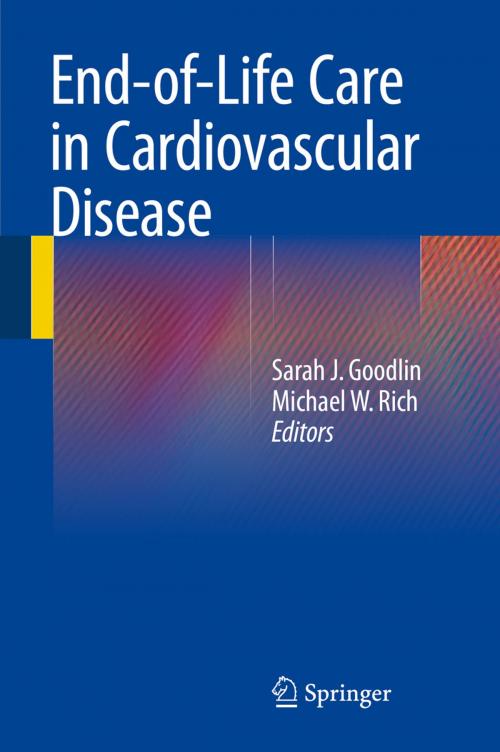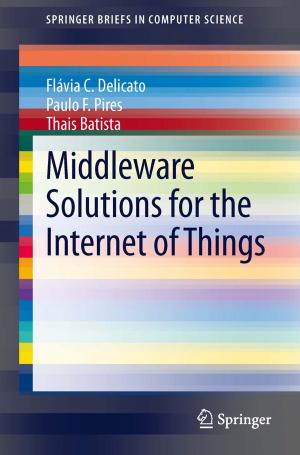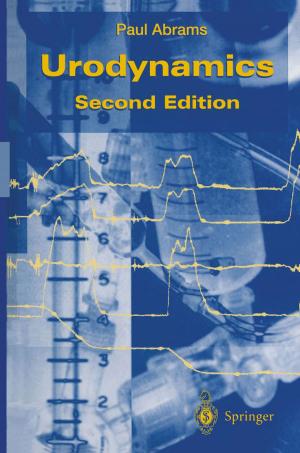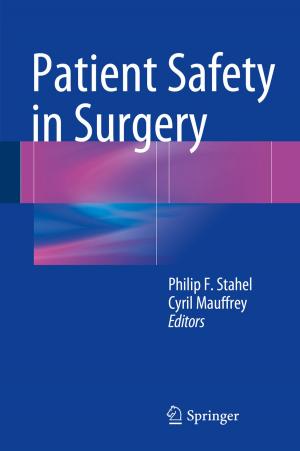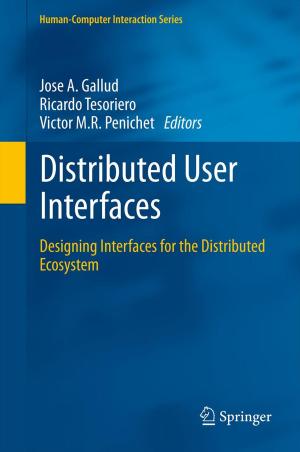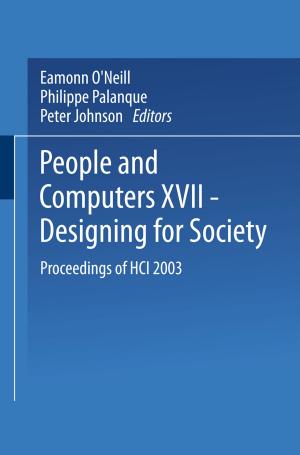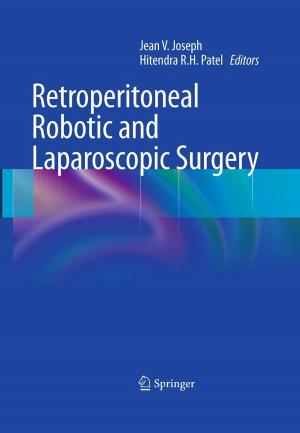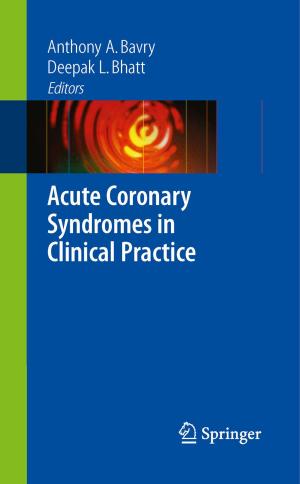End-of-Life Care in Cardiovascular Disease
Nonfiction, Health & Well Being, Medical, Specialties, Geriatrics, Internal Medicine, Cardiology| Author: | ISBN: | 9781447165217 | |
| Publisher: | Springer London | Publication: | October 8, 2014 |
| Imprint: | Springer | Language: | English |
| Author: | |
| ISBN: | 9781447165217 |
| Publisher: | Springer London |
| Publication: | October 8, 2014 |
| Imprint: | Springer |
| Language: | English |
End-of-life issues in cardiology are becoming increasingly important in the management of patients in the cardiac unit, but there is frequently a lack of understanding regarding their impact on cardiology practice. The cardiac unit is increasingly becoming the location whereby a number of key clinical decisions relating to end-of-life care are being made, such as the decision to remove medications, the appropriate removal of cardiac devices, the management of do not resuscitate orders and the requirement for other cardiac procedures in light of the management of the terminally ill cardiac patients. Those working in palliative care need input from the cardiovascular team as the cardiologist is frequently still managing these patients until they are moved to the hospice. That this move into a hospice is often delayed until the very last moment, there is considerable onus on the cardiovascular management of these patients to be much broader in scope and take account of some of the more palliative medical decisions needed in this group of patients. This concise reference will detail the practical issues open to cardiovascular physicians and those medical professionals who manage patients reaching the end of their life from a cardiology perspective. It will detail the full management options open to them to ensure that their practice is in line with the requirements of the patient nearing the end of their life whether the cause be cardiovascular in origin or who need appropriate management of secondary cardiovascular symptoms. It will also include the various ethical, cultural and geographical issues that need to be considered when managing these patients.
End-of-life issues in cardiology are becoming increasingly important in the management of patients in the cardiac unit, but there is frequently a lack of understanding regarding their impact on cardiology practice. The cardiac unit is increasingly becoming the location whereby a number of key clinical decisions relating to end-of-life care are being made, such as the decision to remove medications, the appropriate removal of cardiac devices, the management of do not resuscitate orders and the requirement for other cardiac procedures in light of the management of the terminally ill cardiac patients. Those working in palliative care need input from the cardiovascular team as the cardiologist is frequently still managing these patients until they are moved to the hospice. That this move into a hospice is often delayed until the very last moment, there is considerable onus on the cardiovascular management of these patients to be much broader in scope and take account of some of the more palliative medical decisions needed in this group of patients. This concise reference will detail the practical issues open to cardiovascular physicians and those medical professionals who manage patients reaching the end of their life from a cardiology perspective. It will detail the full management options open to them to ensure that their practice is in line with the requirements of the patient nearing the end of their life whether the cause be cardiovascular in origin or who need appropriate management of secondary cardiovascular symptoms. It will also include the various ethical, cultural and geographical issues that need to be considered when managing these patients.
